
Tell me a little about your background and the life pathway that led to your studies at Duke.
I grew up in a small town called Maiduguri, in Borno State in northeastern Nigeria. It was a beautiful, peaceful, conservative Muslim community until ten years ago, when terrorist attacks destroyed most of the state. I studied nursing at University of Maiduguri. Immediately after graduation I left the country to study public health at South Bank University in London. During those studies I saw the ways in which public health and the media can merge and I became interested in photography, which I learned via YouTube. After I moved back home and took a job as project manager for a nonprofit malnutrition program, I started to document the conflict. Over time I became a photojournalist, even as I took a new job as a communications officer for UNICEF.

Why did you want to pursue a MFA? Why did you choose Duke’s program in Experimental and Documentary Arts?
I first learned about Duke when I was invited here by a student to give a talk about my work as a photojournalist at the Forum for Scholars and Publics. Afterwards, I got a tour of the Center for Documentary Studies. I fell in love with the people working there and the beautiful projects I was shown.
As I investigated programs I might apply to, the word “Experimental” was what caught my eye. Not many programs had a purely documentary focus that was simultaneously experimental. This was something I craved. I wanted to learn to shoot video, wanted to incorporate poetry into my work and learn about audio documentaries. I wanted to experiment with as many storytelling forms as possible. Duke’s MFA EDA seemed to be a place I could try, and fail, and learn.
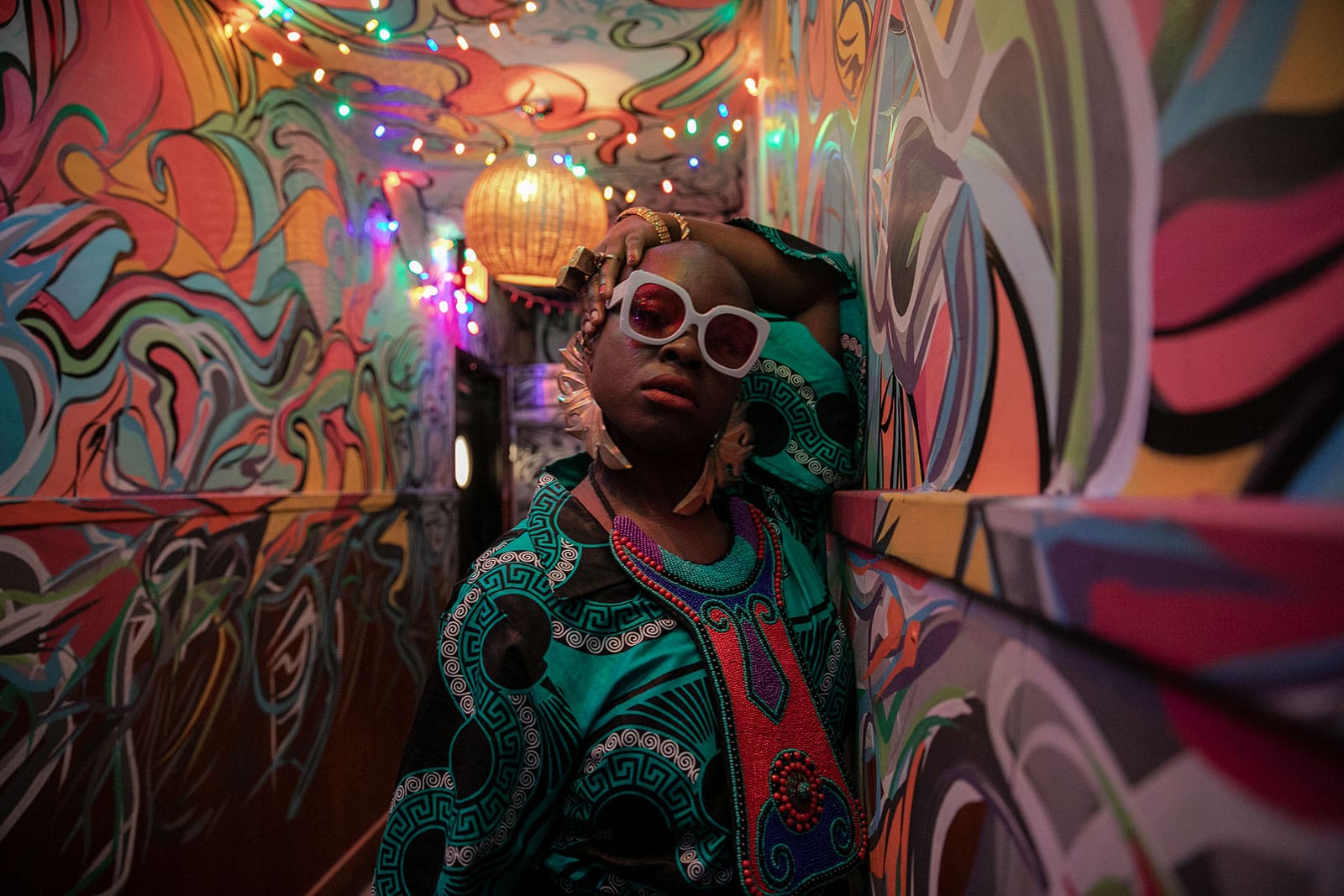
How did you focus your work while at Duke?
From the minute I arrived in the United States, my first instinct was to look for an African community—a restaurant, a mosque, an association—and when I found it, I found happiness and a sense of belonging, too. However, as a photojournalist, I wondered why so many of us Africans leave home. What was the pull to the United States or to Europe? I was aware of the many turbulent times we have faced across Africa but I always wondered, why couldn’t we stay home and build the continent of our dreams?
So I decided to document why people leave. The project combines posed portraits and documentation of the everyday lives of Africans in America. Where do they congregate? What do they do for fun? How are they coping in a foreign and often alienating country? How do they find each other? I went to churches, parties, mosques, markets, dorm rooms, hair salon, fashion shows, restaurants, and many homes.
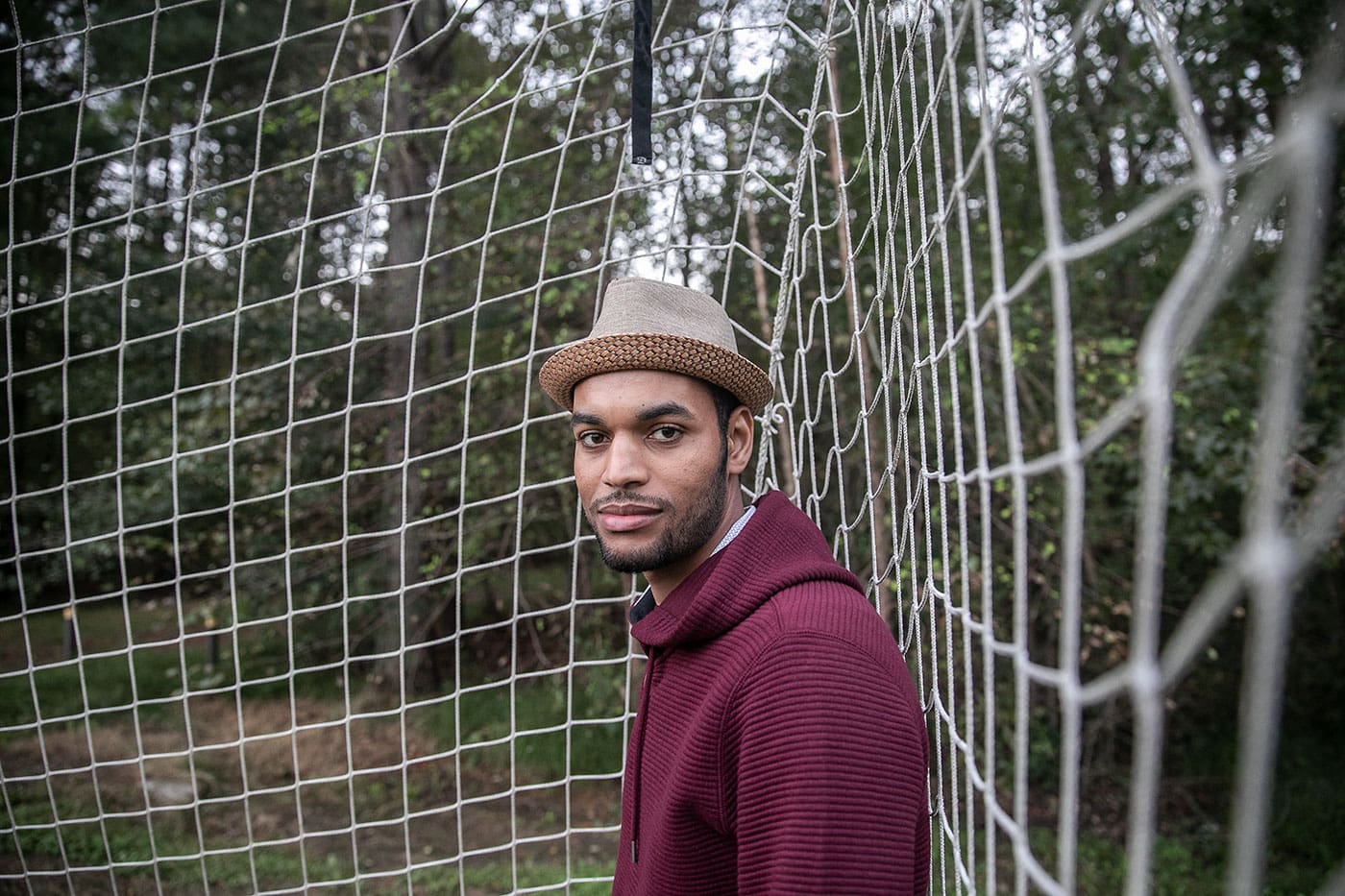
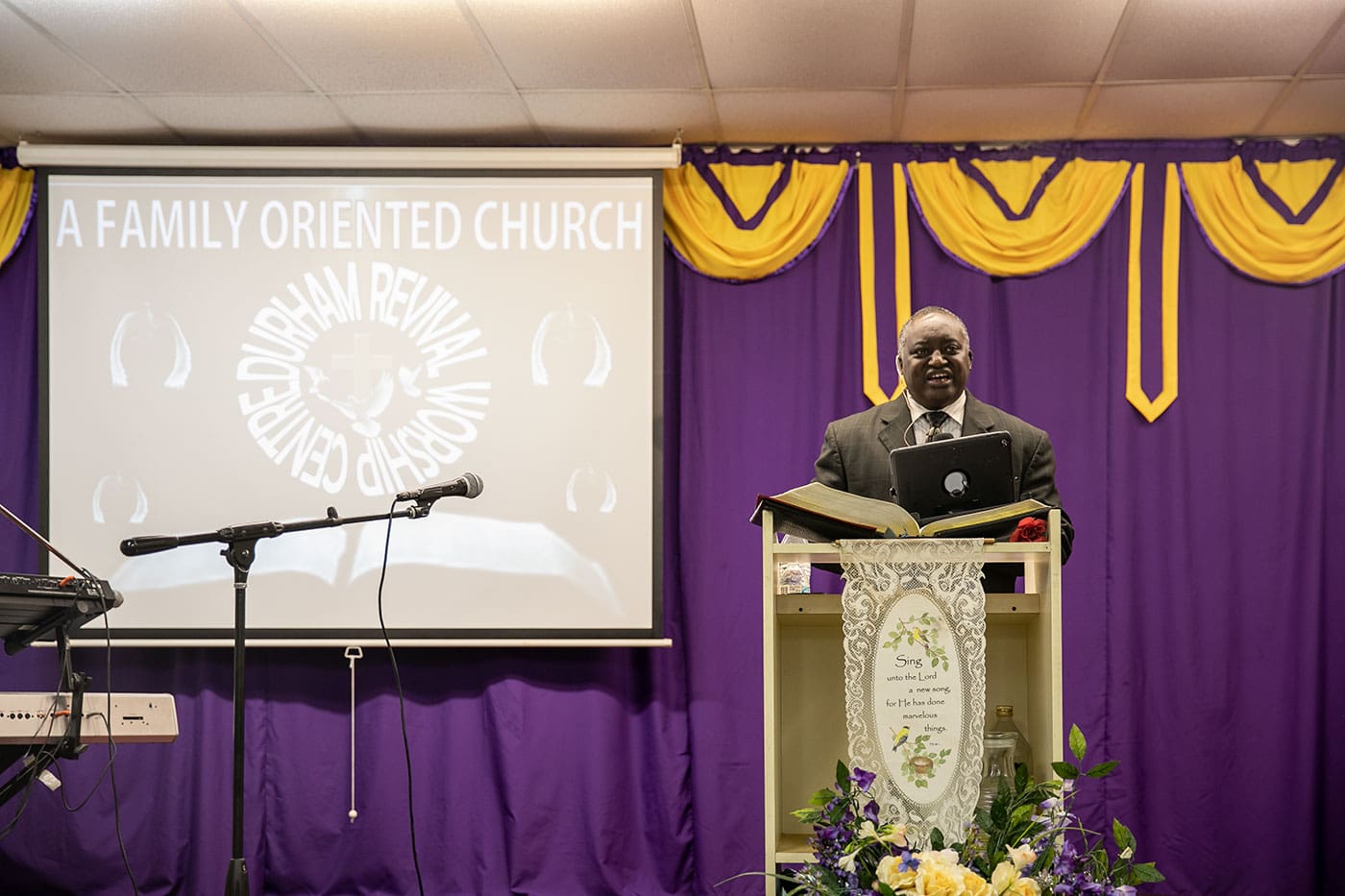
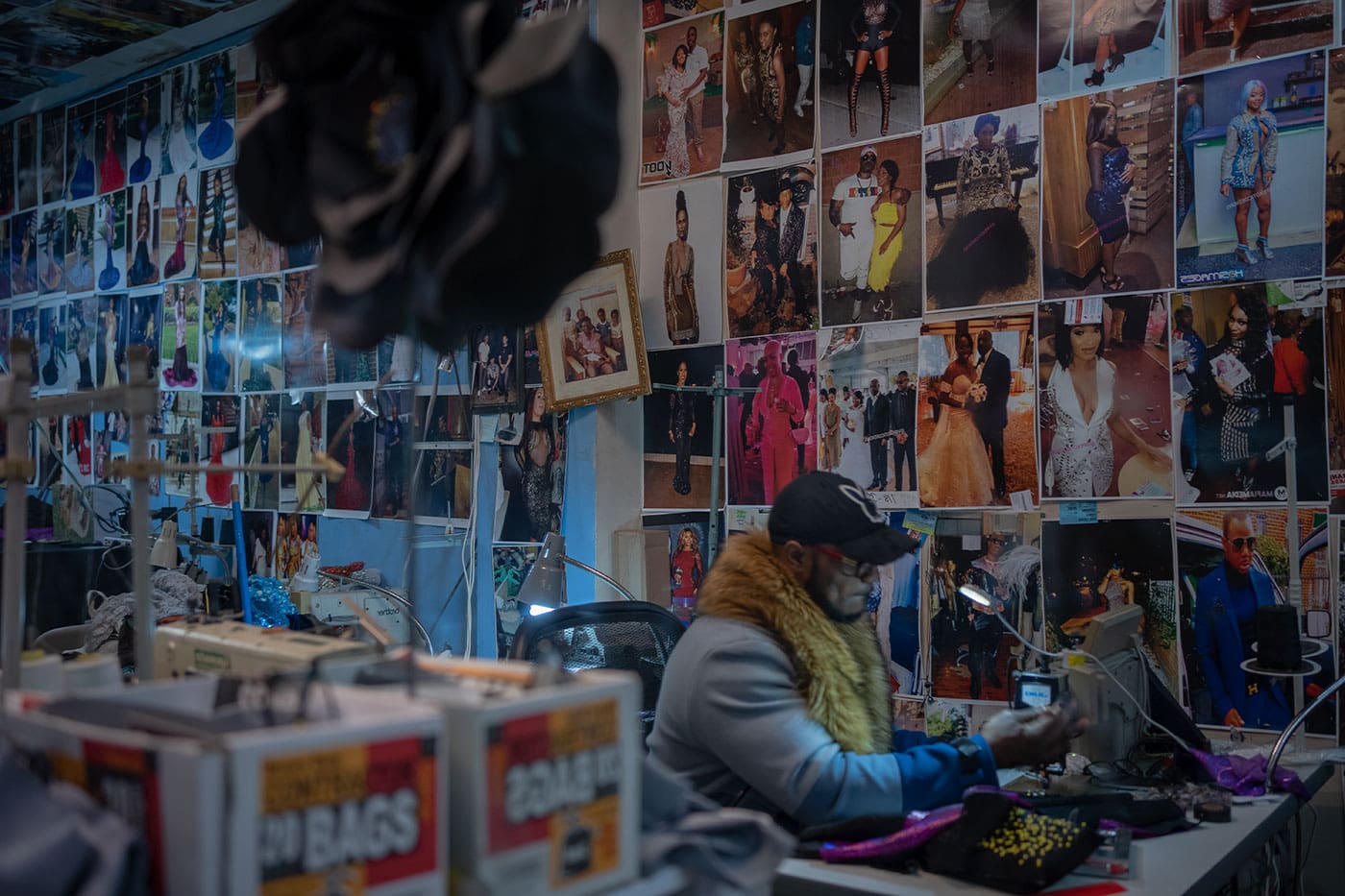
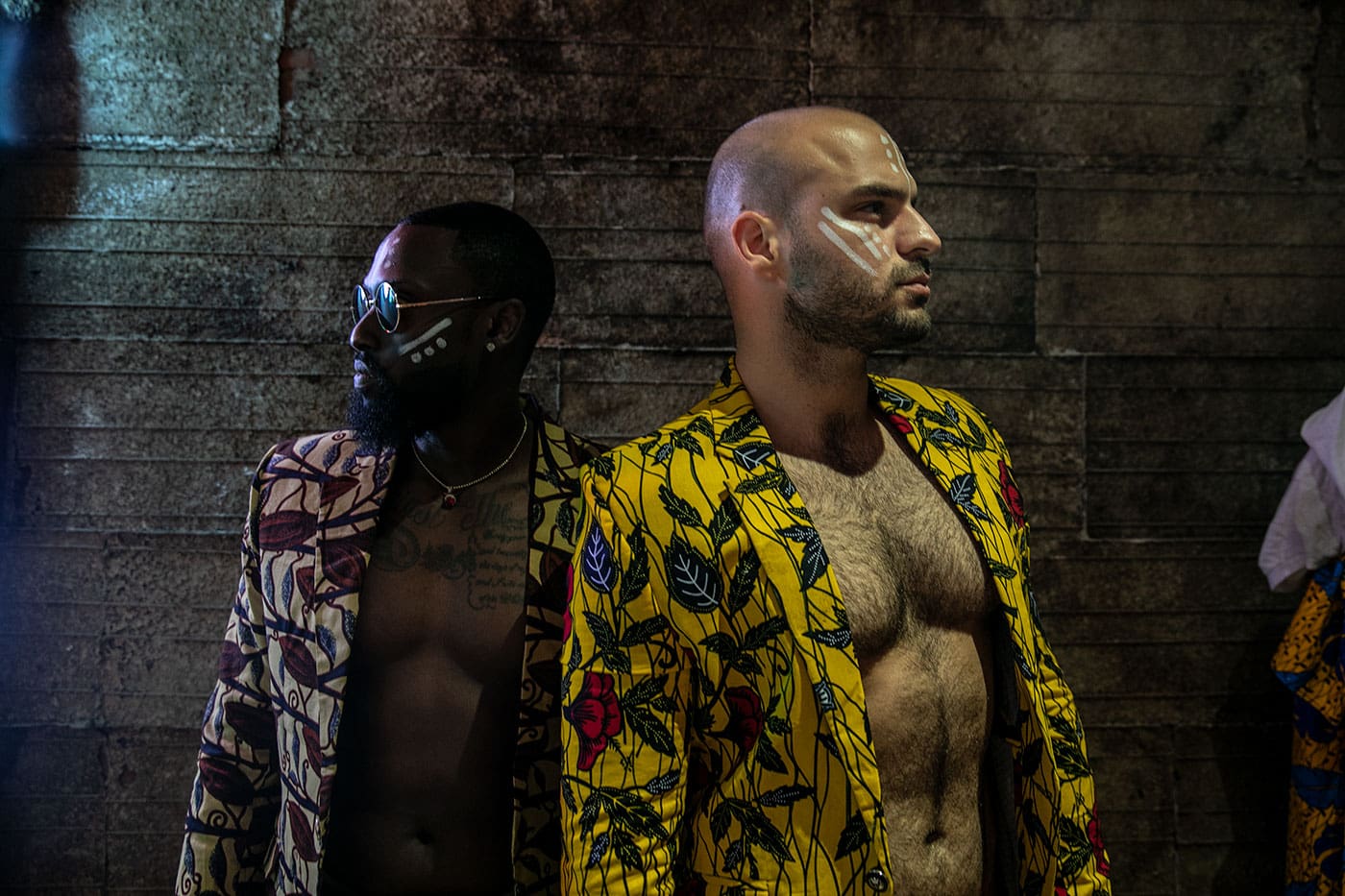
When I interviewed people in their homes, they showed me family albums and other pieces of Africa they had brought to America. The little museums they’d created in their homes were such a poignant piece of their story, so I incorporated many of these valued family heirlooms into the installation.
I met so many people and made many friends. The serendipity I was most thrilled with was the deep connection I made with Dorothy Amankwah, a Ghanaian student at Duke. We happened to take the same poetry class, and when I interviewed her, I learned that she wrote poems about her father’s migration story. It was a beautiful, heartbreaking piece, and I decided it was crucial to include it in my installation.
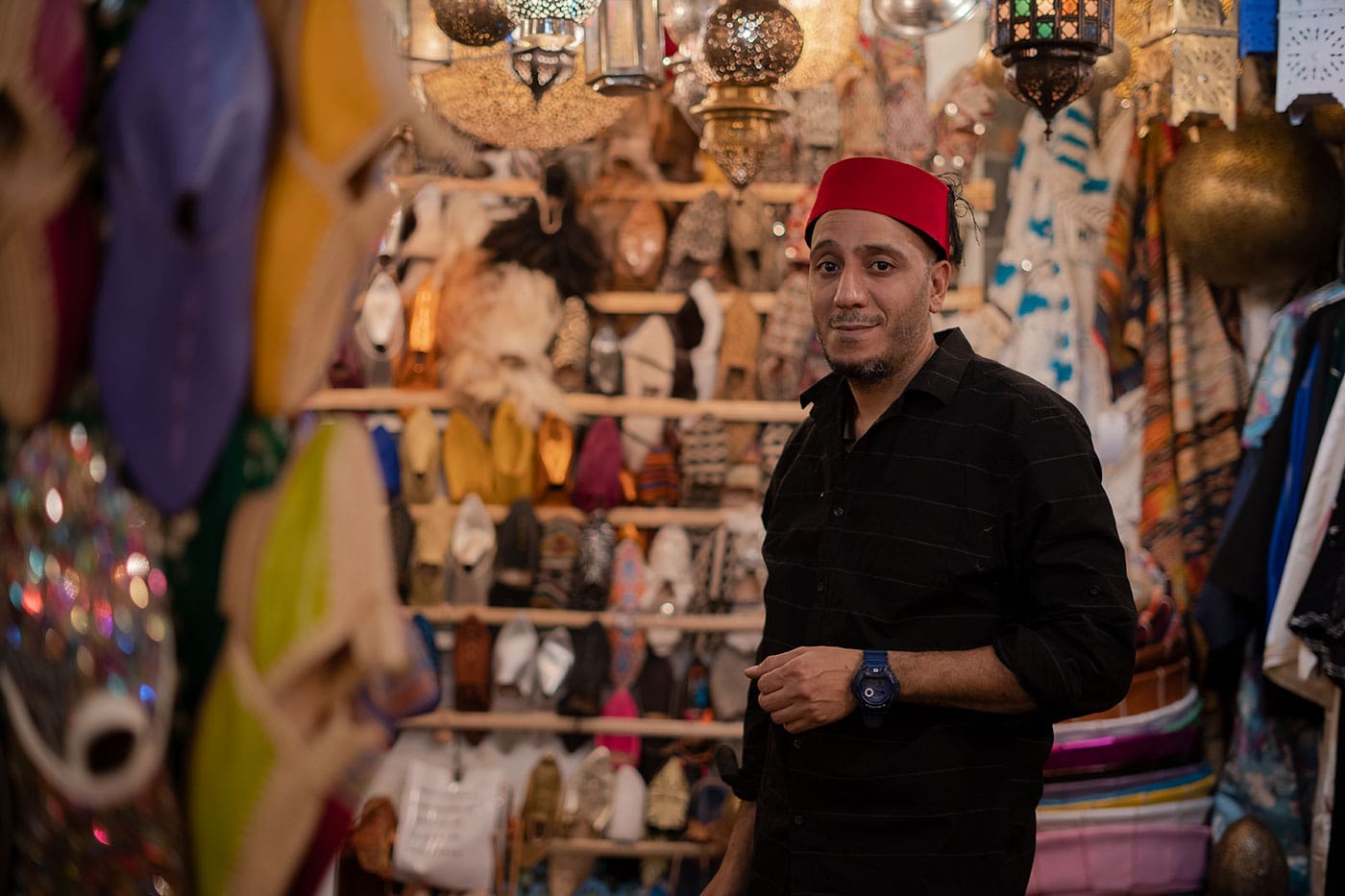
“This documentary project uses photography, video, audio, and poetry to reveal the many complexities of African migration; the possibilities, opportunities, obstacles, failures and successes of these journeys. The project focuses on and dives into the lives of people from countries across the vast African continent who undertook the transatlantic journey to the Unites States, “The Land of Opportunity.” Many were fleeing tragedy and hardship on the African continent but others were chasing the American Dream. Many have survived and many have died.”—From the Artist’s Statement
What motivates you to do this work? And what do you hope people take away from it?
I am very much aware of, and responding to, the problematic storytelling of African migration. What we usually see is a singular story that starts with Africans on a boat or a dusty trail, fleeing. Once they arrive here, they are seen as people who arrived with nothing to give and nothing to do but take jobs away from Americans. Contrary to this usual story, immigrants are an eclectic array. Some are fleeing conflicts, others arrive with a suitcase of certificates and degrees.
My hope is to highlight the diversity of immigrants that are not acknowledged in the usual story and the important contributions they make to their host country. The community of African immigrants includes doctors and lawyers, nurses and scientists, cooks sharing their cuisines, and students bringing fresh perspectives to classrooms. It includes fierce people who braved a treacherous journey and have inspiring stories of resilience to tell.
My work is not only about the migration of people, it’s also about the movement of art and resources that goes along with those people. The culture is often more welcome than the people and easy to appropriate.
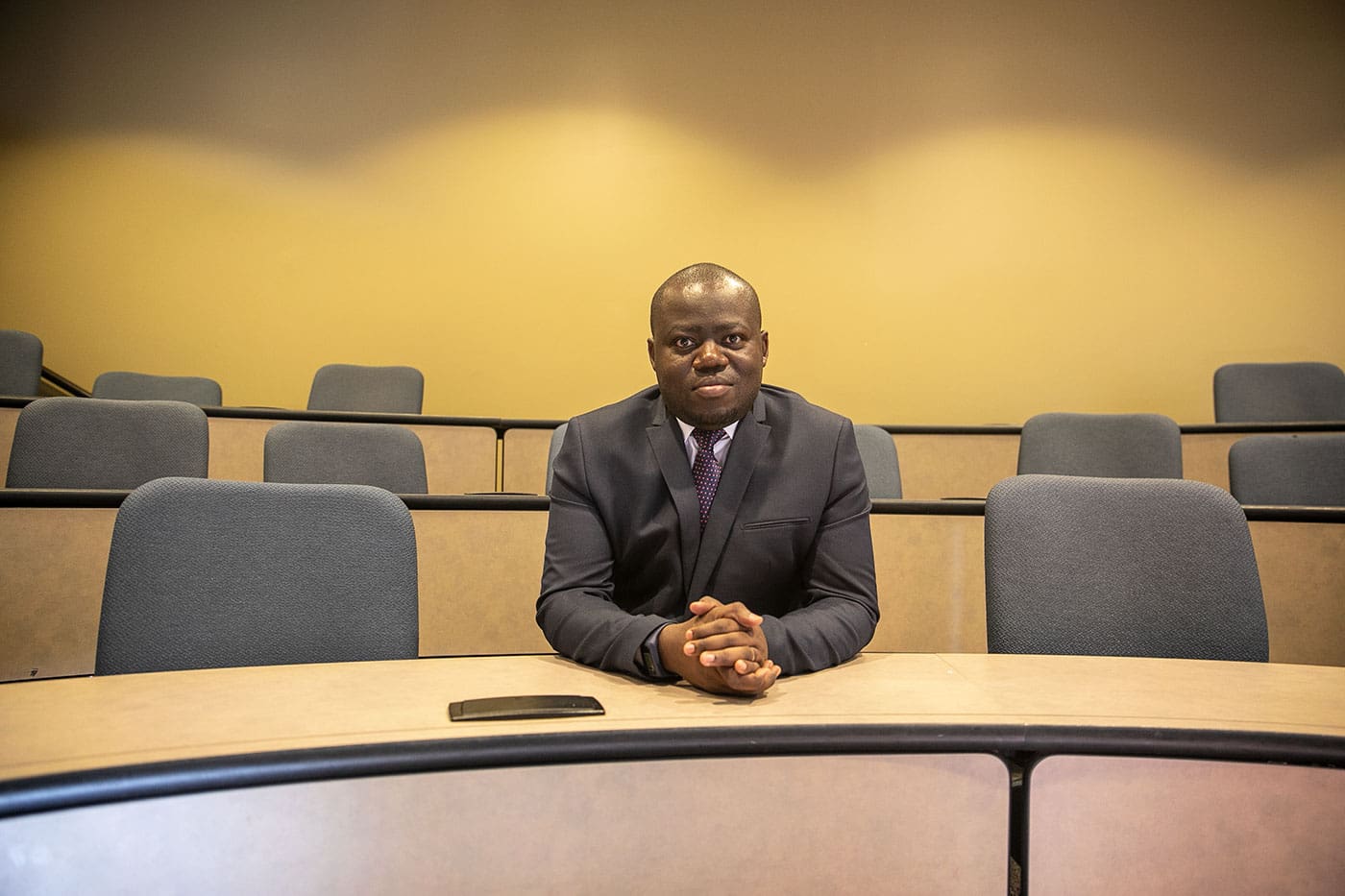
How is COVID-19 currently impacting your personal artistic work or, more broadly, your field?
As someone used to being in the field and interacting with people, I feel a little suffocated. I find myself more appreciative of things I’ve taken for granted and of the art in small spaces and daily routines. I film my walks and see plants and clouds and enjoy the rain more than I used to.
In my field, people are learning how to create work in enclosed spaces, or taking a much needed break to reevaluate life.
What creative work do you find yourself turning to right now?
I find myself drawn to writing, whether by journaling my experiences and feelings or through the metaphorical descriptions and short stanzas of poetry that express so much. I’m thinking about how I might address trauma from my past in short films and audio documentaries. And I’m reading history books about my country so I can be better informed about its past.




